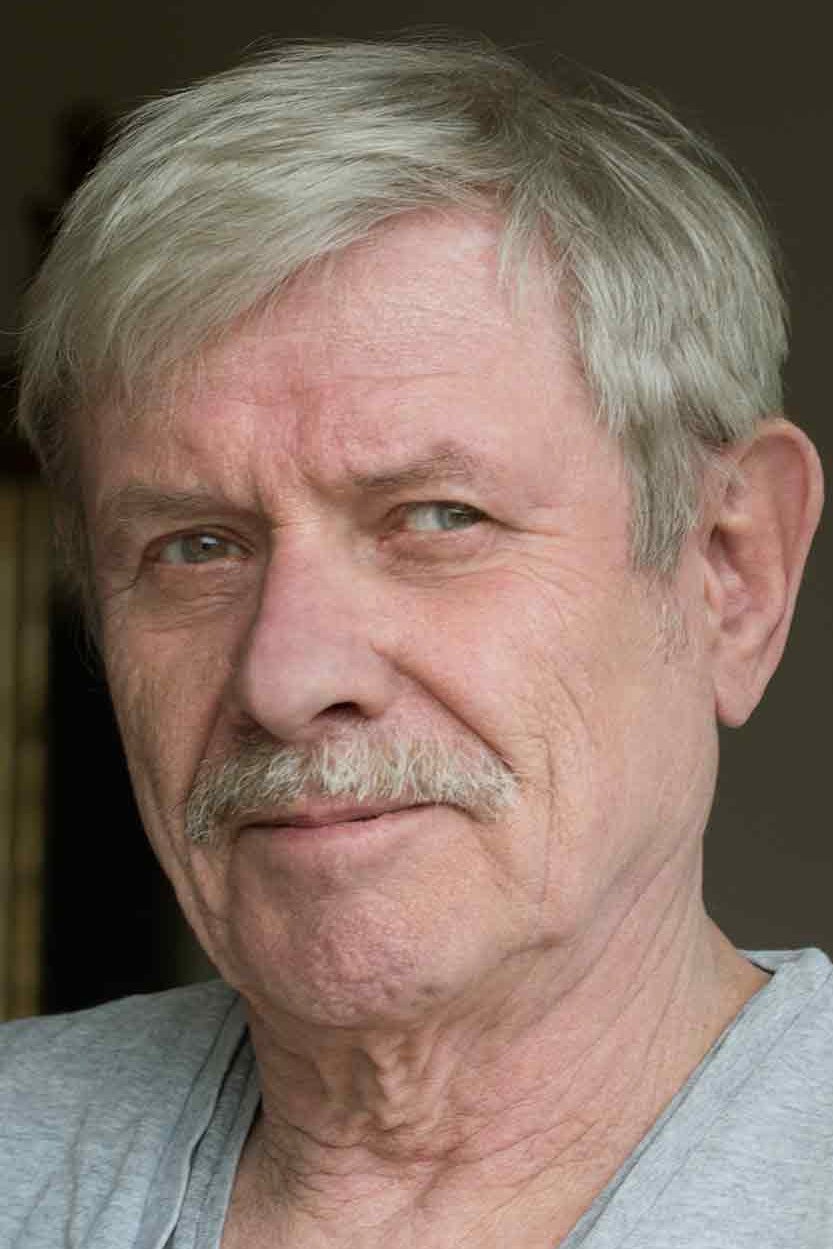

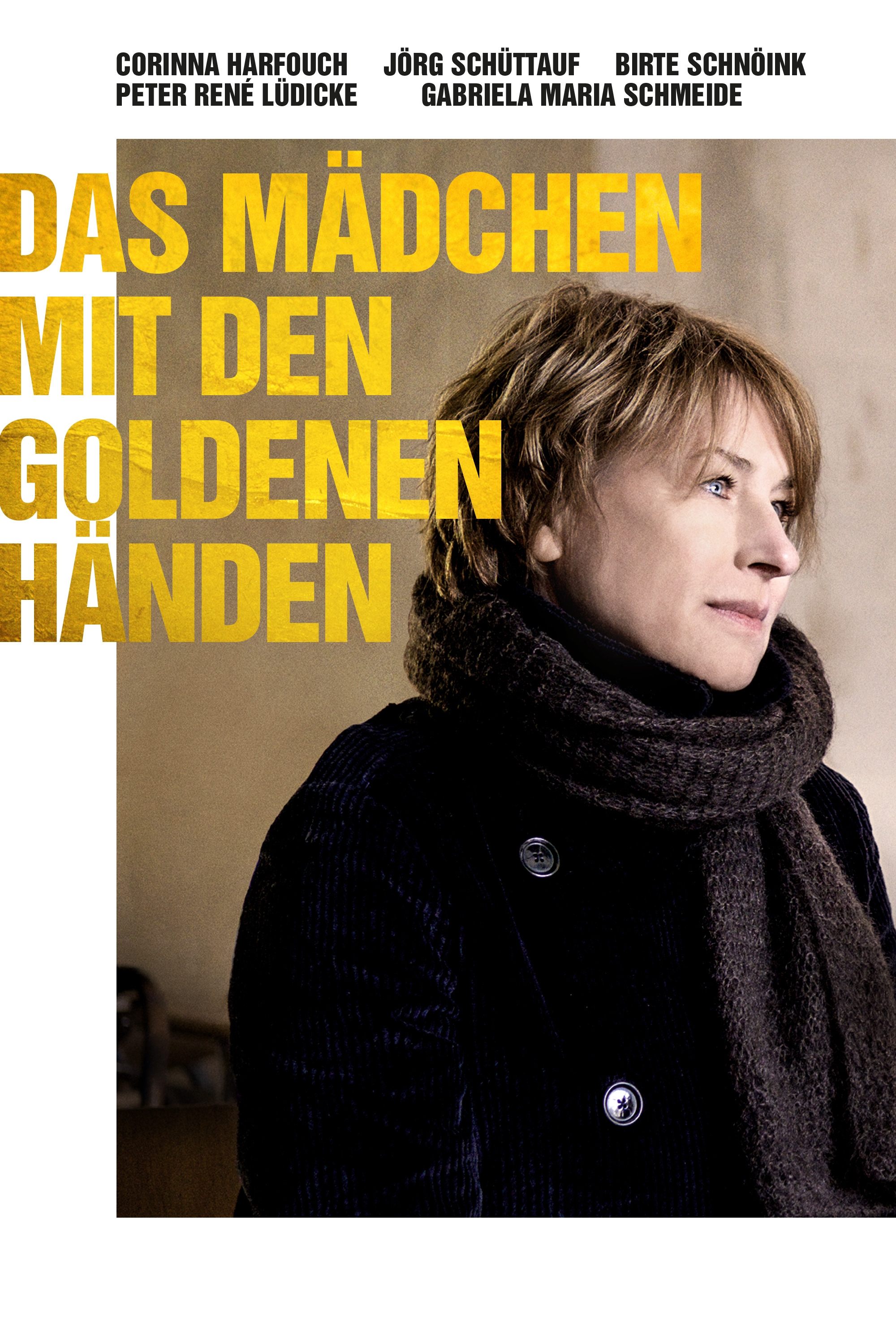
East Germany, in autumn 1999. Gudrun Pfaff is about to turn sixty when she finds out that the orphanage she grew up in is being sold to turn into a hotel, and she is willing to do anything to stop it.
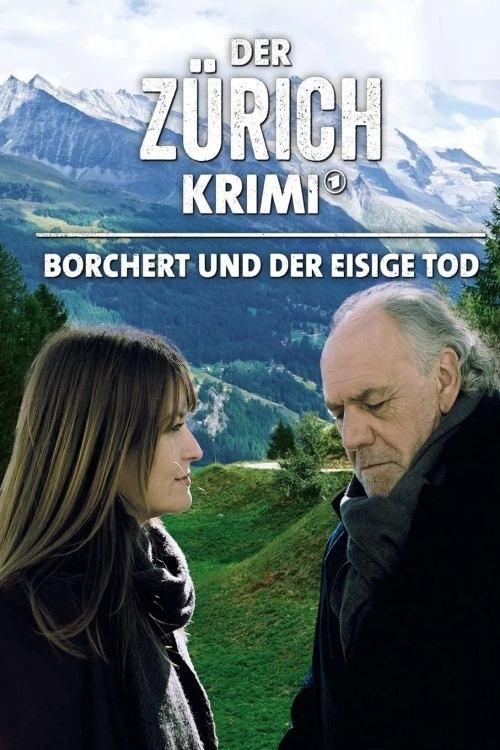
When Borchert receives an anonymous message that a certain Franz Brosi is innocent, law firm boss Dominique can hardly believe it. After all, Brosi was her first client as a public defender a few years ago and had actually confessed. The two are investigating the case.
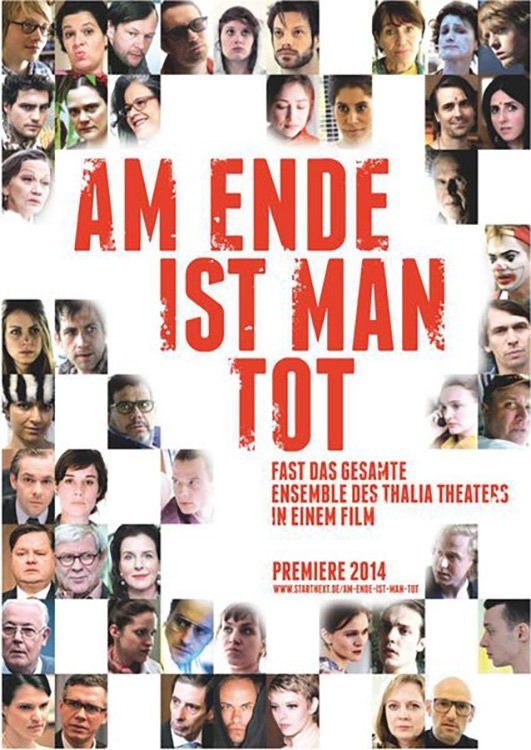
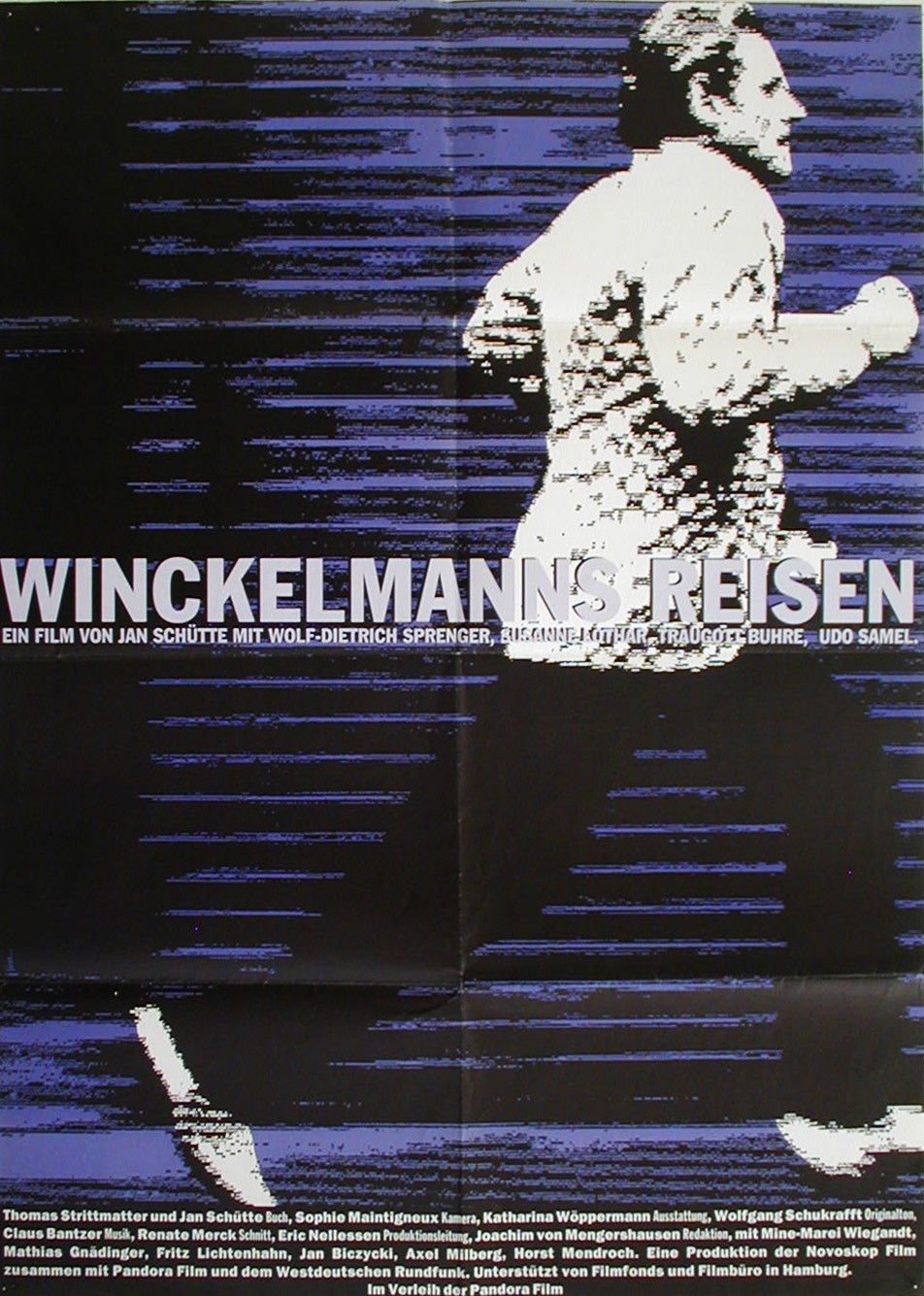
Before Ernst Winckelmann, a sales representative for hair products, calls on hairdressing salons and chemist's shops, he rehearses what he intends to say, shakes the dandruff from his hair and slips into an innocuous pair of shoes. None of this helps. Winkelmann is no sales talent and his product is a failure. Meanwhile, in a small corner pub in the Barmbek district of Hamburg, Winkelmann's young girlfriend Aline uses some firm but gentle persuasion to make the last customer leave. Not much doing tonight. During the day, Rüdiger the barman, pulls most of the beers for the landlord, Aline's father, who survives on memories of good times at Miami Beach...
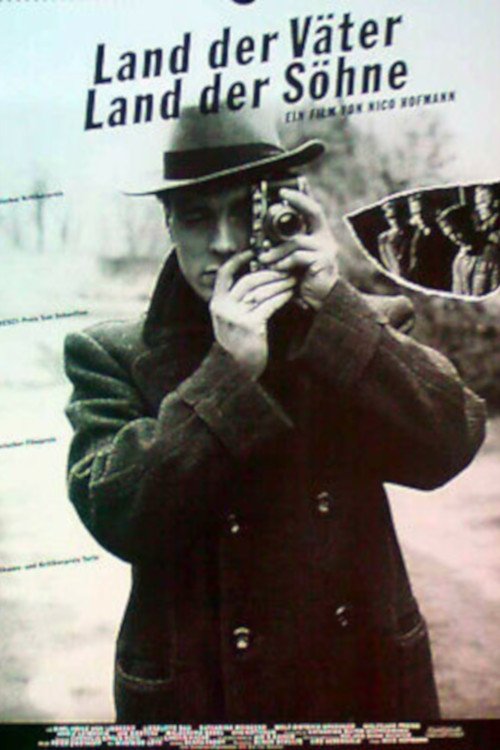
A young journalist researches the life of his father which leads him to path of contradictions until he uncovers a gruelling truth.
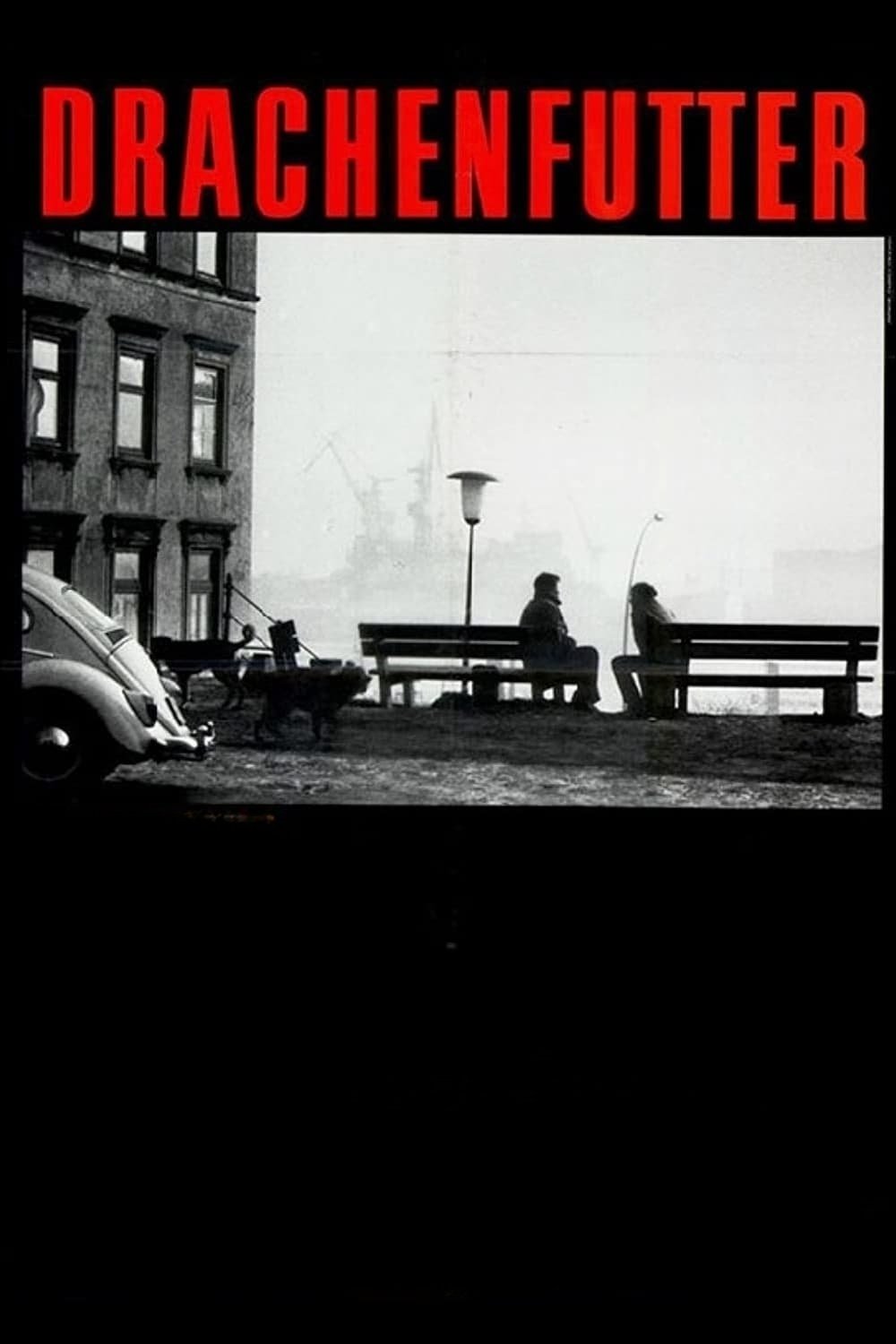
Shezad is a Pakistani refugee seeking his fortune in Hamburg. At night, he sells roses in pubs. During the day, he is looking for a job. He starts working as a dishwasher and soup cook in a Chinese restaurant. Xiao, the waiter, and Shezad dream of opening their own restaurant. Herder, the janitor of the asylum seekers' home and part-time escape helper, has to go abroad. Shezad takes over his job and finds the money for the restaurant in East Berlin by not entirely legal means. So Shezad and Xiao's dream comes true. However, the day of the opening ends differently than the two of them had imagined.
By browsing this website, you accept our cookies policy.